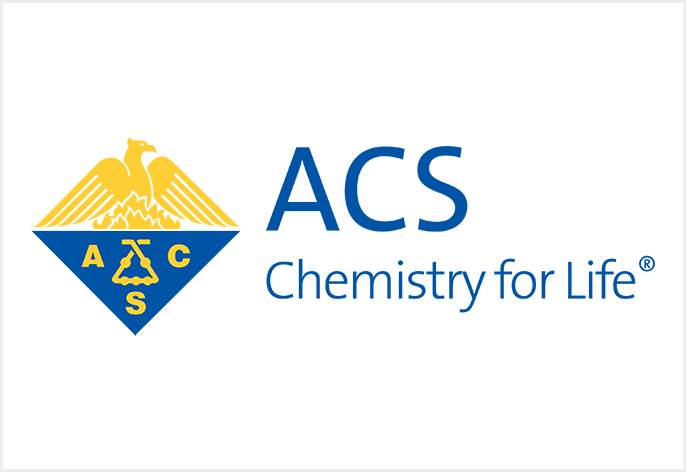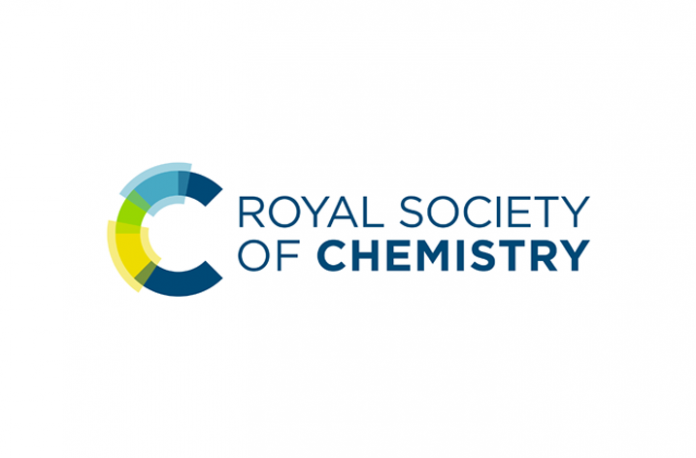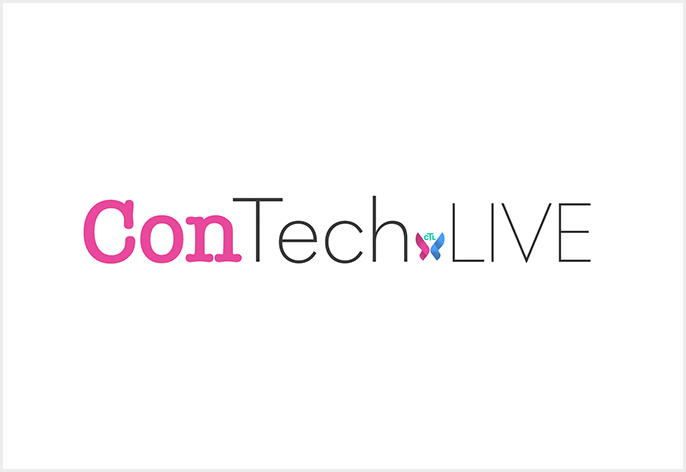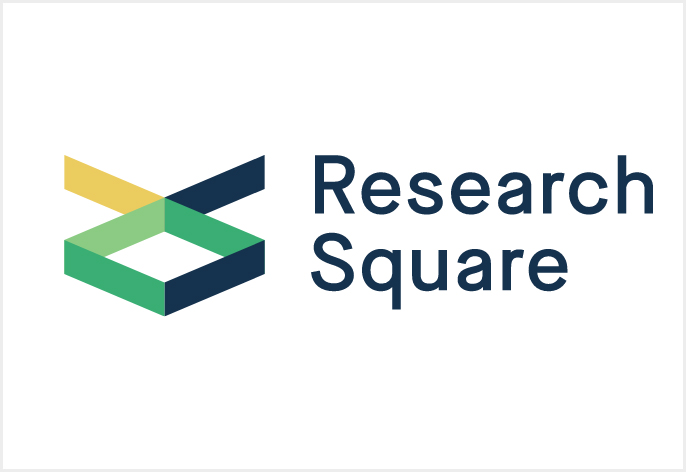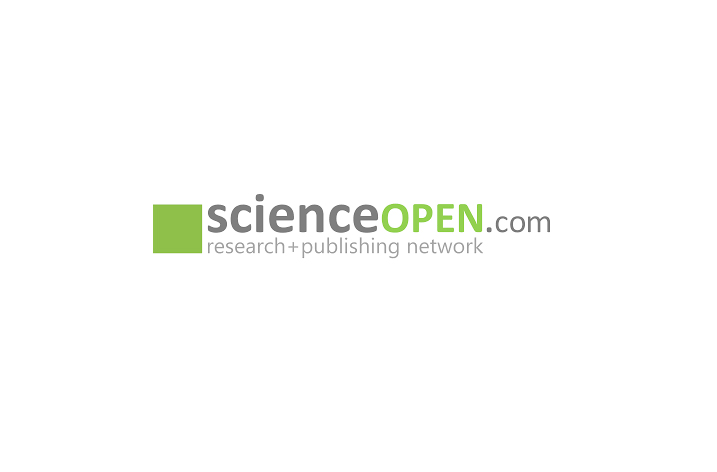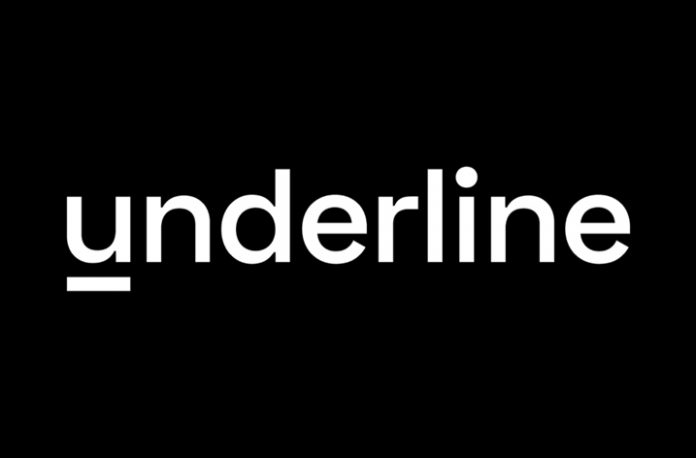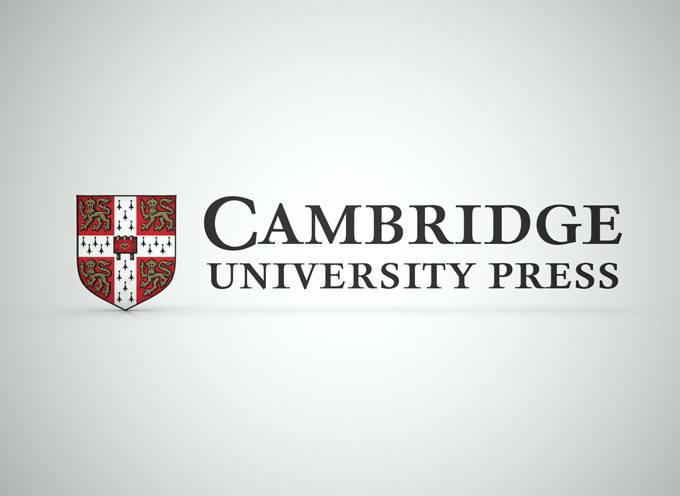Three California consortia, representing nearly 60 academic and research institutions, and the Publications Division of the American Chemical Society (ACS) today announced the first-ever California-wide transformative open access agreement. It is also ACS’ first “read and publish” agreement in the U.S. composed of multiple consortia. Through a partnership with the 10-campus University of California (UC) system, the 23-campus California State University (CSU) system, and 25 subscribing institutions represented by the Statewide California Electronic Library Consortium (SCELC), readers and researchers at dozens of California research institutions will be able to benefit from full access to subscription content while receiving support for open access publication in ACS’ portfolio of more than 75 premier chemistry journals.
“This unique partnership across three consortia demonstrates that with open dialogue and determination, we can replace previously unsolvable challenges with mutual benefits that create greater value for our institutions and the broader scholarly community,” says Teri Gallaway, Ph.D., SCELC’s executive director. “SCELC is pleased to support this first-of-its-kind initiative to leverage the power of successful U.S. library consortia toward shared goals: to make more of California’s research and scholarship available to the world, and to promote greater access to information resources at an affordable and sustainable cost.”
The agreement lasts through 2025 and is a collaboration between institutions with a variety of needs. It exemplifies how a multiparty deal can satisfy the needs of diverse organizations via a transformative agreement. The arrangement is unique, in that it engages funder support for open access in alignment with the partnership between the institutes and publisher. As the scholarly publishing industry transitions toward an open access future, innovations like this partnership will be crucial to ensuring that all educational institutions and their researchers can participate in the full benefits of open access publication.
“The CSU libraries are proud to join in this path-breaking partnership with the UC libraries and SCELC,” says Emily Bonney, dean of the CSU Fullerton Library and chair of the CSU Council of Library Deans. “We believe that collaborating with our colleagues across the state is the key to maintaining and improving a robust scholarly communication system for the citizens of California. We want our students and faculty to have access to the wealth of scholarly research not only while they are enrolled in school but throughout their lives.”
ACS is the fourth-largest publisher of scholarly journal articles by researchers in the UC system, which includes 10 campuses and the Lawrence Berkeley National Laboratory. Making it easier and more affordable for those researchers to publish open access brings a potential for expanded visibility to their important scientific discoveries. Because the institutions involved collectively publish more than 11% of the nation’s scholarly journal articles and deliver instruction to more than 1 million California students, the impact of this agreement will be felt widely across the chemistry community.
“Free and open access to academic research is critical to the acceleration of new discoveries,” says Jeffrey MacKie-Mason, Ph.D., university librarian and professor at UC Berkeley and co-chair of UC’s negotiation team. “This unique partnership will give Californians and people around the world unprecedented access to the knowledge created by our institutions as we seek to solve some of the world’s most pressing environmental, health and scientific problems.”
A read and publish agreement is a way for institutions to maintain access to scholarly content available only through subscription, while supporting the transition to open access publishing by their affiliated researchers. Institutions are, in effect, redirecting their expenditures on subscriptions to cover the open access article publication charges. Through this partnership, hundreds of researchers at 58 institutions will be supported as they publish open access at a discounted rate in any ACS journal.
“ACS is very excited about this new agreement, as it takes the workflows behind read and publish deals to the next level,” says Sybille Geisenheyner, director of open science strategy and licensing at ACS. “As we embark upon this partnership, we invite funders to engage in this collaboration to support this transformation.”
“At ACS, we are committed to expanding our partnerships and innovating new ways to advance open access publication in chemistry,” says James Milne, Ph.D., president, ACS Publications Division. “I am confident that institutions around the world will see this collaboration as a prime example of creative thinking supporting the advancement of open science, for the benefit of chemistry and the world.”
The American Chemical Society (ACS) is a nonprofit organization chartered by the U.S. Congress. ACS’ mission is to advance the broader chemistry enterprise and its practitioners for the benefit of Earth and all its people. The Society is a global leader in promoting excellence in science education and providing access to chemistry-related information and research through its multiple research solutions, peer-reviewed journals, scientific conferences, eBooks and weekly news periodical Chemical & Engineering News. ACS journals are among the most cited, most trusted and most read within the scientific literature; however, ACS itself does not conduct chemical research. As a leader in scientific information solutions, its CAS division partners with global innovators to accelerate breakthroughs by curating, connecting and analyzing the world’s scientific knowledge. ACS’ main offices are in Washington, D.C., and Columbus, Ohio.
About UC’s transformative open access agreements: Transformative open access agreements support the University of California’s mission as a public university and advance the global shift toward sustainable open access publishing by making more UC-authored research articles open to the world, while maintaining journal affordability. UC seeks to partner with publishers of all types, sizes and disciplines to jointly advance a worldwide transition to open access across the entire landscape of scholarly journal publishing. For more on these aims and principles, see UC’s Call to Action for Negotiating Journal Agreements at UC, the UC faculty Academic Senate’s Declaration of Rights and Principles to Transform Scholarly Communication and UC’s priorities for publisher negotiations.
The California State University (CSU) is the largest four-year regional, public university system in the United States with 23 campuses enrolling 477,000 students and employing 56,000 faculty and staff. The Chancellor’s Office coordinates approximately 80 annual library e-resource contracts for over 325 library e-resource products, with a $30 million budget for the 23 CSU libraries who serve their students, faculty, and the public with their diverse research needs.
The Statewide California Electronic Library Consortium (SCELC) was established in 1986 to develop resource-sharing among the libraries of private academic institutions in Southern California. SCELC has grown to include libraries across California and 38 other states and is a 501(c)(3) tax-exempt corporation. Among the top five North American consortia in terms of licensing volume, SCELC represents 112 Member institutions, over 200 Affiliate institutions, an aggregate student population of approximately 500,000, more than $200 million in library budgets, and holdings comprising more than 21 million volumes. SCELC libraries can license nearly 2,500 electronic resources from more than 100 vendors.

























